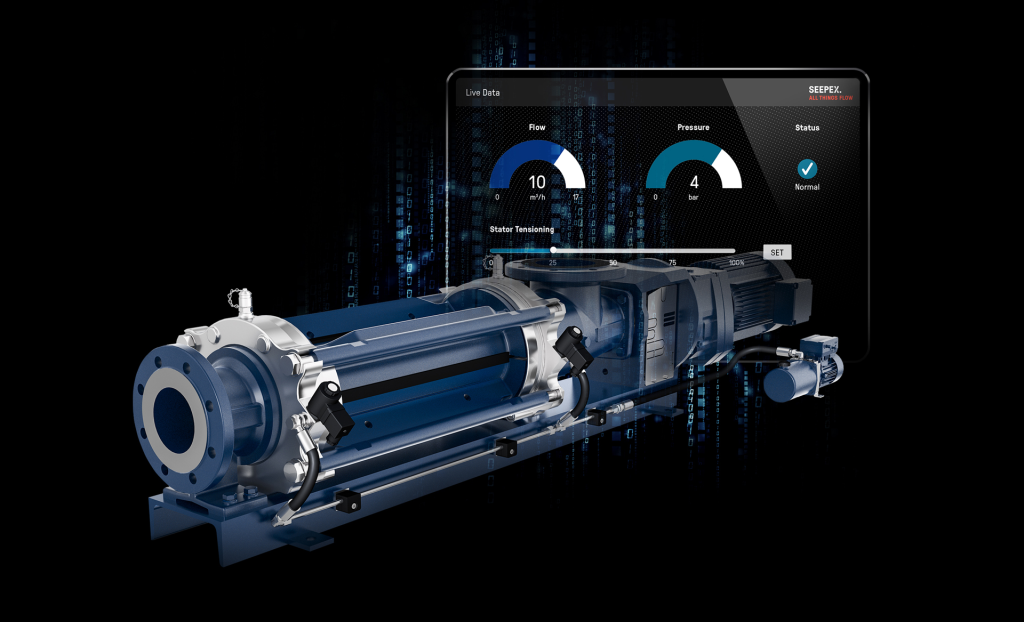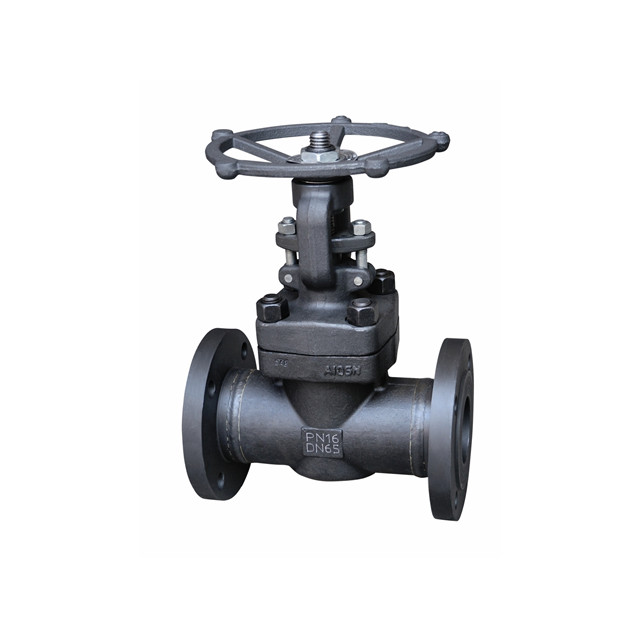Mastering the Art of Using the Trowel: A Key Tool in Construction and Beyond
The trowel is a fundamental tool used in many trades such as construction, gardening, and masonry. Known for its ability to spread, smooth, and shape materials like soil, concrete, or mortar, it is an indispensable part of many tasks. Available in different designs, the trowel’s versatility ensures it can handle anything from bricklaying to technical projects like installing geosynthetics for drainage systems.

What types of trowels are there?
There are various types of trowels, each designed for specific tasks:
- Brick Trowel: Used for applying mortar when laying bricks.
- Pointing Trowel: A smaller trowel for fine work like filling gaps.
- Garden Trowel: Ideal for digging and planting.
- Finishing Trowel: Perfect for smoothing concrete surfaces.
Choosing the correct trowel improves accuracy and efficiency, no matter the task at hand.
How are trowels used in masonry?
Trowels are essential for laying mortar between bricks and stones in masonry. To use one:
- Scoop the mortar.
- Spread it evenly on the brick or stone.
- Lay the brick and press it into place.
- Remove excess mortar for a clean look.
Trowels make sure that each brick or stone bonds securely to the next, ensuring structural integrity.
What factors should you consider when choosing a trowel?
Key considerations when selecting a trowel include:
- Blade Size and Shape: Large blades for spreading and small blades for precise tasks.
- Handle Comfort: A well-designed handle helps reduce hand fatigue.
- Durability: Stainless steel offers rust resistance, while carbon steel is stronger but requires maintenance.
Can a trowel be used in geosynthetic applications?
Absolutely. Trowels are important in the installation of geonets for drainage and erosion control. They are useful for:
- Smoothing the ground before laying the geonet.
- Creating trenches for embedding edges.
- Compacting soil or gravel around the geonet for stability.
This shows that the trowel has a wide range of uses beyond traditional masonry.
In summary, the trowel is a tool of versatility and precision, making it essential across various industries. Whether you’re working on a garden, constructing a wall, or installing geosynthetics, having the right trowel for the job ensures excellent results.


